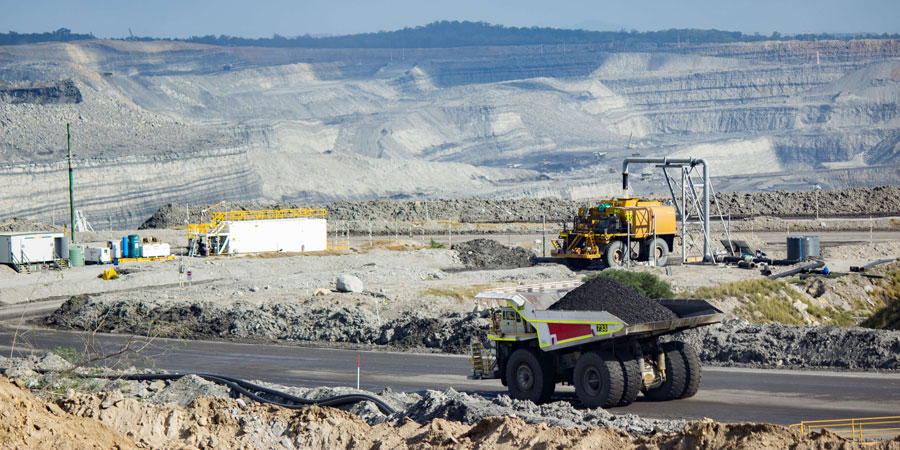What is adaptation?
Adaptation means making adjustments to decisions and activities, in consideration of climate change, in order to manage risks and harness potential opportunities.
The goal of climate change adaptation for NSW is to increase the ability of our environmental, social and economic systems to not only cope with a changing climate, but thrive. It involves becoming climate-resilient, which is about reducing greenhouse gas emissions, and learning how to live with the impacts we can’t avoid.
Why is NSW adapting to climate change?
The climate of NSW is changing. Average temperatures have been steadily rising since the 1960s. The decade from 2010 to 2019 was the hottest on record, while 2019 was the hottest year in NSW.
Climate change is already affecting the natural, social and economic welfare of NSW and will increasingly affect the environment and our quality of life in every part of the state.
Responding to climate change involves two key actions:
- Mitigation: reducing emissions and stabilising the levels of heat-trapping greenhouse gases in the atmosphere; and
- Adaptation: adapting to the changes we have already caused due to climate change, and the changes we anticipate in the future.
Mitigation vs Adaptation
Mitigation is about taking action to limit further changes in climate. These actions involve both reducing the greenhouse gases emitted into the atmosphere and enhancing the natural systems that store greenhouse gases such as oceans, forests, and soil (the sinks).
This is an ongoing mission that the NSW Government is committed to - but as our climate continues to change, we need to be able to adapt.
The goal of adaptation is to reduce our vulnerability to the harmful effects of climate change – such as sea-level rise or more intense extreme weather patterns. It is fundamental that the people of NSW are empowered to adapt, so we can, together, make a difference now and for future generations.
Who should adapt to climate change?
The NSW Government’s objective is for the NSW community to work together to be more resilient to a changing climate.
The most effective climate change adaptation occurs at a local level through the actions of individuals, businesses and communities in response to location-specific climate change impacts.
The NSW Government will help NSW adjust to a changing climate by:
- Supporting local adaptation actions.
- Managing climate change risks to its own assets and services.
- Removing market, regulatory and governance barriers to the private sector and local government adapting effectively.
- Reducing climate change impacts on health and wellbeing.
- Managing impacts on natural resources, ecosystems and communities.
Through our collective actions we can make NSW more resilient to a changing climate.





